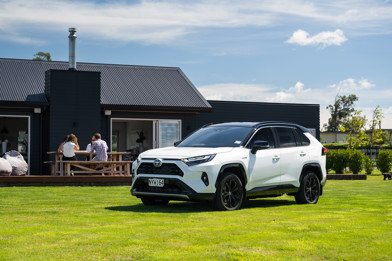There are now more electric vehicle charging stations in the UK than service stations, according to data from Nissan.
The crossover happened more than a year before Nissan’s 2016 prediction of August 2020 – a result of the accelerating adoption of EVs (electric vehicles) by UK motorists.
There are now 9300 EV charging locations in the UK, compared with 8400 petrol station forecourts. Nissan correlated data from the Energy Institute and charge point mapping app Zap-Map to confirm the startling new figures.
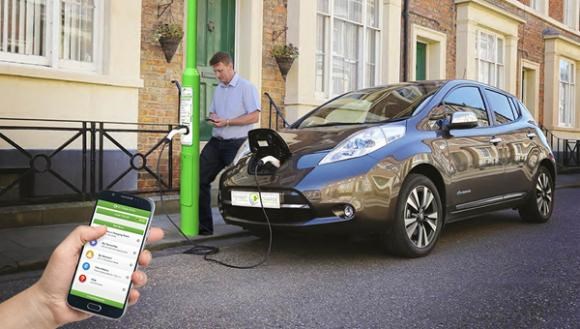
Nissan UK says, that almost 80 per cent of petrol stations have close since 1970 “while the number of electric vehicle charging locations has increased from a few hundred in 2011 (when the Nissan Leaf went on sale) to more than 9000 in August 2019”.
“In less than a century since Britain’s first fuel station opened – November 1919 at Aldermaston in Berkshire – the number of forecourts has peaked, declined and been overtaken by charging stations designed for battery, not combustion-powered cars,” said Nissan UK.
Almost all UK motorway service stations have charging stations installed, the majority of which provide a rapid charge option.
Of these charging locations, more than 1600 can recharge a typical EV battery to around 80 per cent capacity in under an hour. According to Zap-Map, two new rapid charging devices came online every day in the last month. Transport for London has installed more than 1000 EV charge points in the past year.
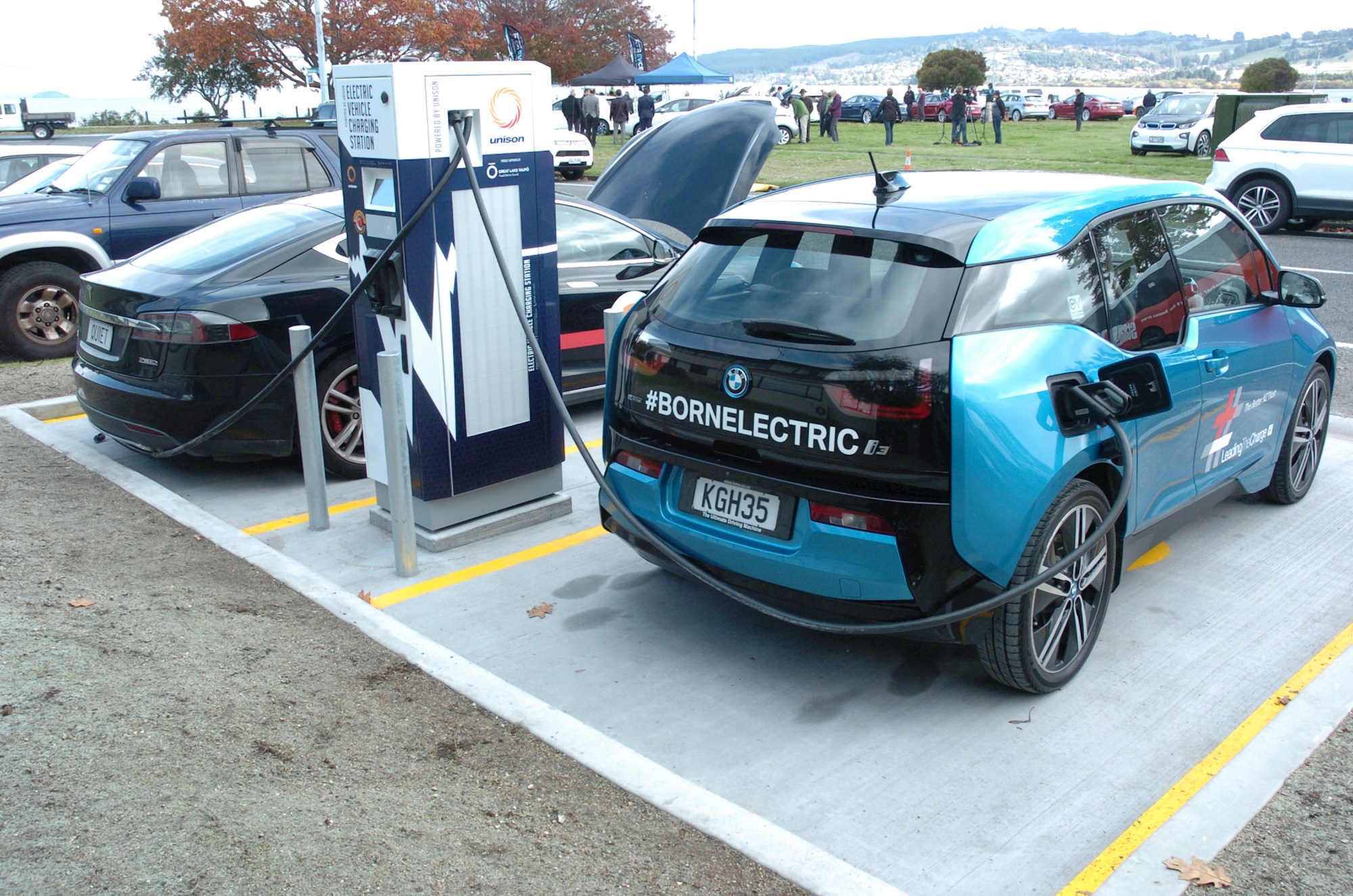
As of June 2019, there are 175 DC rapid charging stations across New Zealand plus another 300-plus AC charge points registered on the app Plugshare, for a total of 500 public charging sites.
Nissan UK’s managing director, Kalyana Sivagnanam, said, “Many consumers are saying their next car will be electric. That means the industry needs to ensure their desires are met with both the car – how far it can go, what technologies it has – and how it interacts with the world around it – where they can charge and how convenient that is for them.
“We’ve moved beyond the early concerns of range anxiety with EVs now exceeding the vast majority of customer’s daily driving needs. The next challenge is for charging infrastructure to keep pace with the number of EVs on the road, and that the experience of recharging is as enjoyable and effortless as that of all-electric driving.”
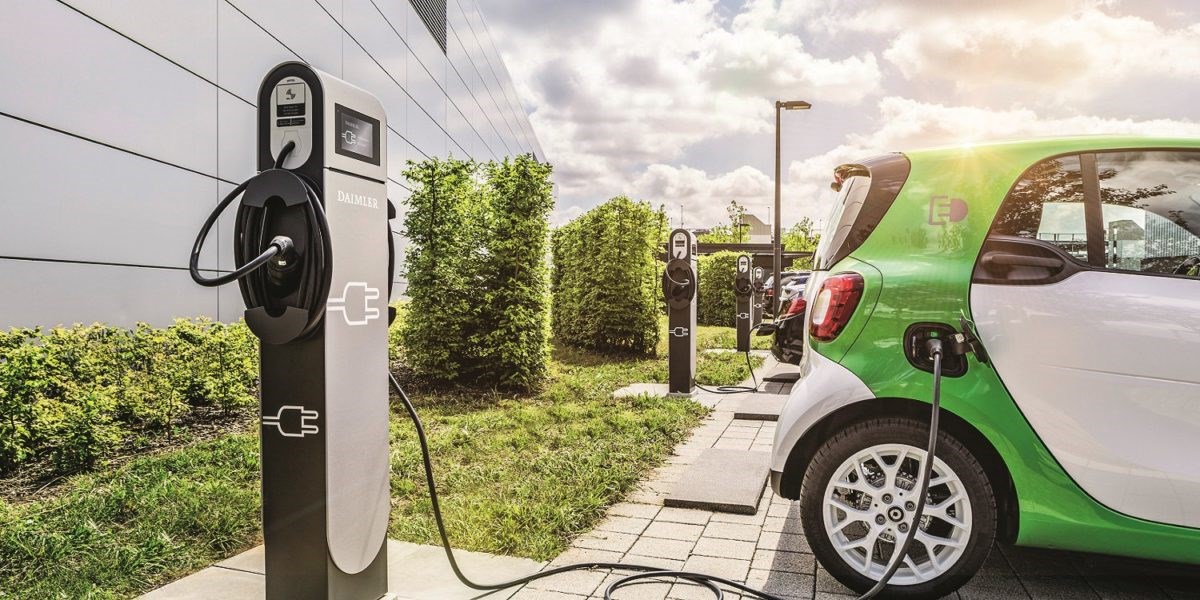
Since Nissan launched the first mass-market electric vehicle, the Leaf, EV technology has continually improved, with the latest models both affordable and practical for the majority of new car buyers. In the UK is experiencing unprecedented growth in the demand for battery-powered transport.
In August 2019, compared to the previous year, demand for battery electric vehicles in the UK increased 158.1 per cent, resulting in a 1.4 per cent market share, the highest monthly market share on record.
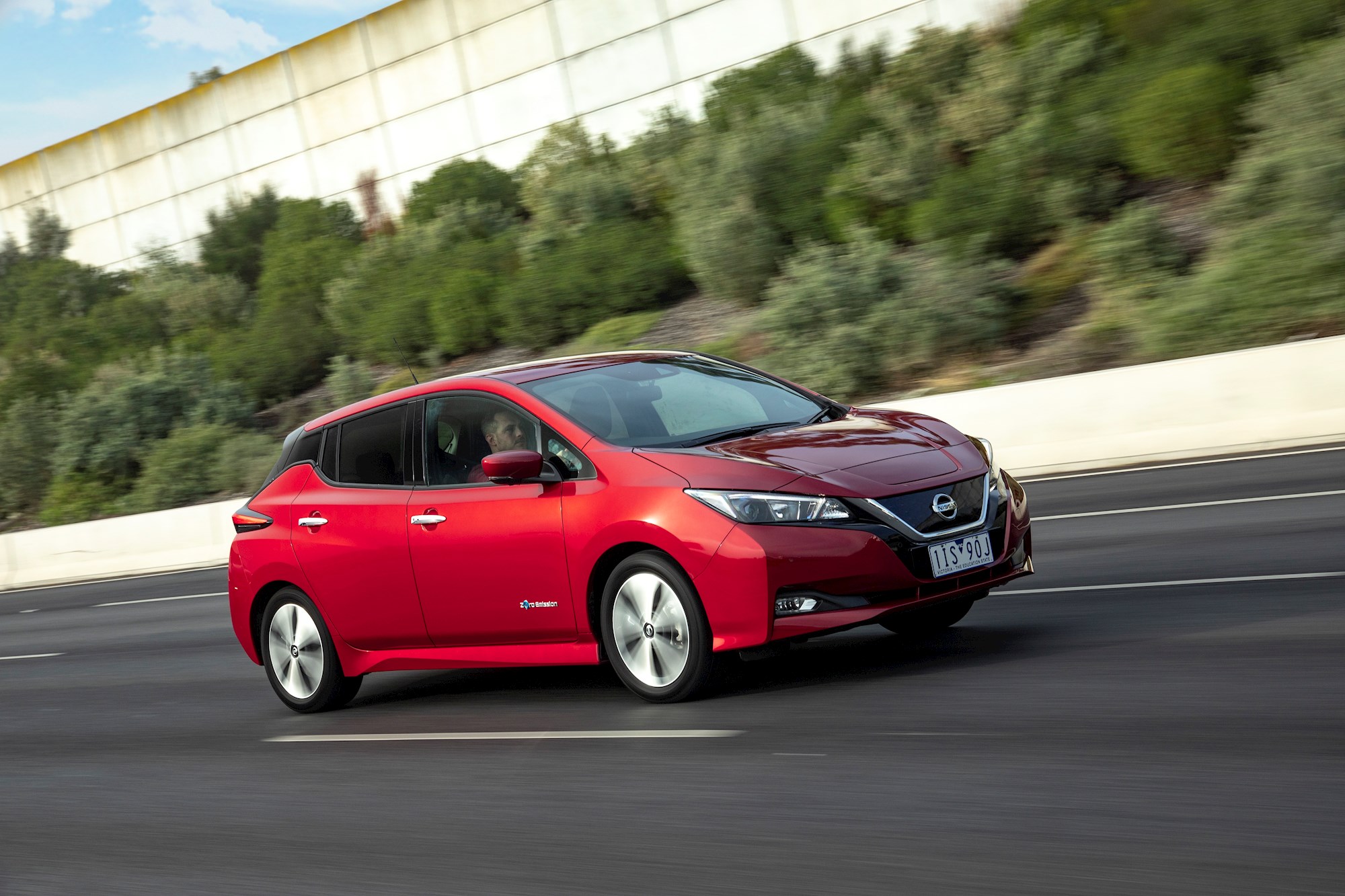
New Zealand is following suit with the uptake of EVs. In 2018, 768 EVs were sold but year to date, 715 EVs have been registered. These figures are before the new Leaf goes on sale here, and the Audi e-tron heads into dealerships.






